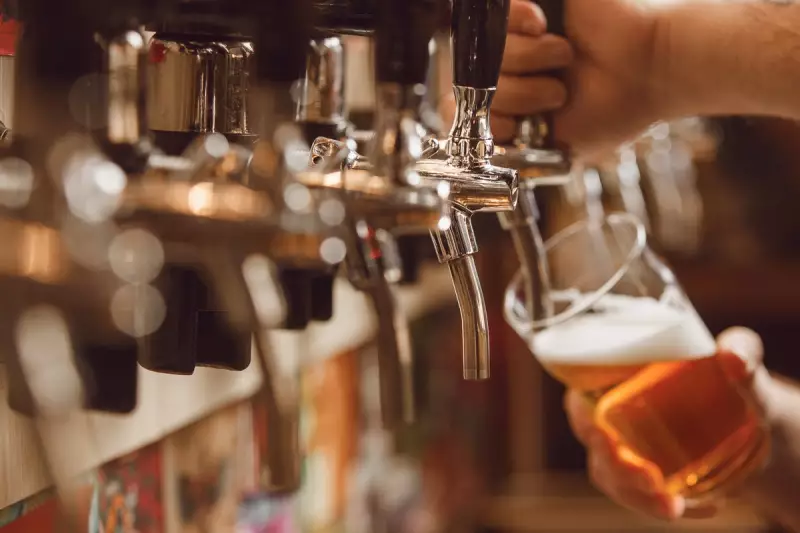
Britain's beloved pubs and live music venues could be in for their biggest shake-up in decades under radical new plans unveiled by Labour leader Sir Keir Starmer.
A New Deal for Hospitality
Speaking at the prestigious Scottish Beer & Pub Association conference, Starmer revealed his vision to revitalise the UK's struggling hospitality sector. The cornerstone of this plan involves granting pubs greater flexibility on opening hours and slashing bureaucratic barriers that have long plagued small music venues.
Freedom to Thrive
The proposed reforms would see:
- Extended trading hours allowing pubs to respond to local demand
- Simplified licensing processes for venues hosting live performances
- Reduced paperwork burden on small businesses and independent venues
- Greater autonomy for pubs to tailor their offerings to community needs
Rescuing Cultural Hubs
Starmer didn't mince words about the crisis facing British culture, noting that "too many of the pubs and venues that were once the heart of communities have been lost." His comments highlight the alarming closure rate that has seen beloved local institutions disappear from high streets across the nation.
Economic and Cultural Revival
The Labour leader positioned these reforms as essential for both economic recovery and cultural preservation. "We'll tear down the barriers that hold them back," he promised, framing the policy as a dual solution to boost local economies while safeguarding Britain's rich musical heritage.
Industry Backing
The announcement has been met with enthusiasm from hospitality leaders who have long argued that outdated licensing laws stifle growth and innovation. The reforms represent a significant departure from current restrictions and could potentially transform the UK's evening economy.
As one industry insider noted, this could mark the beginning of a renaissance for British pubs and music venues, allowing them to compete more effectively while preserving their unique character and community role.





